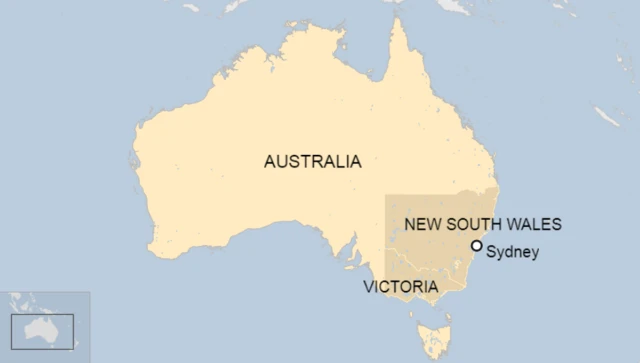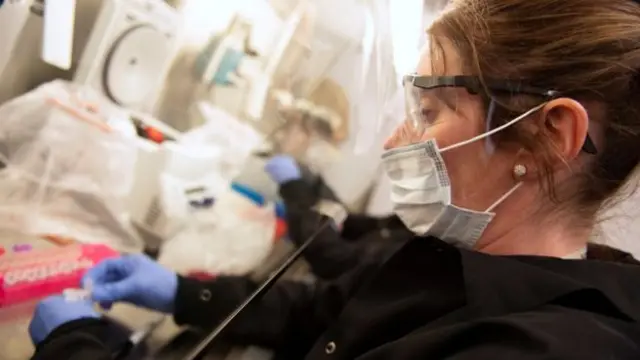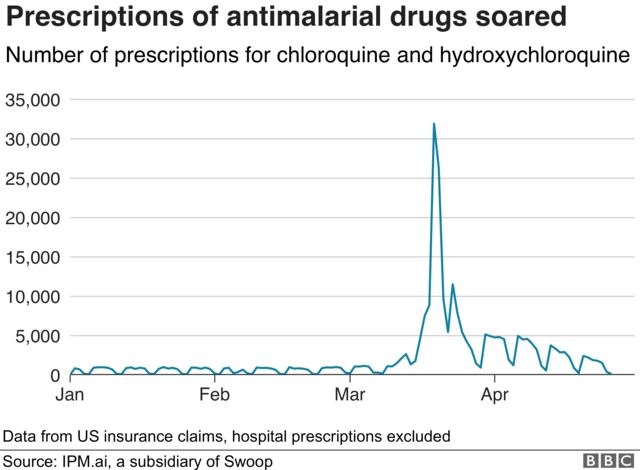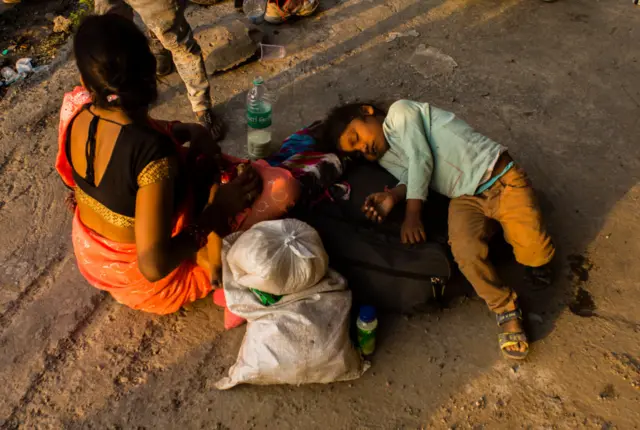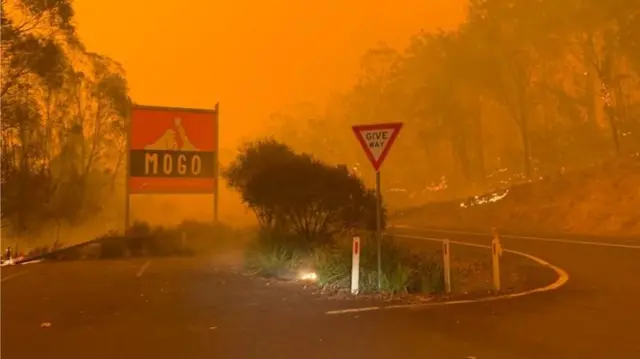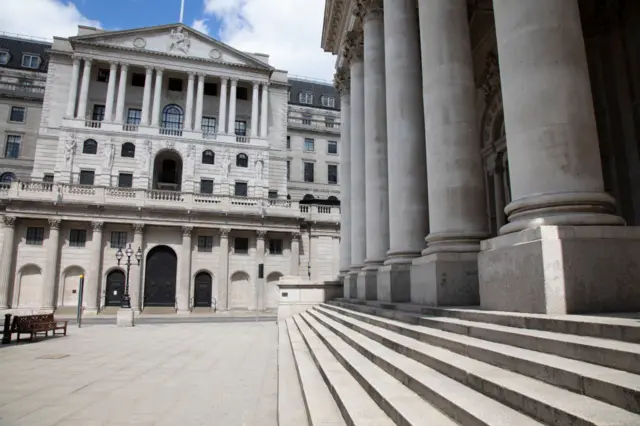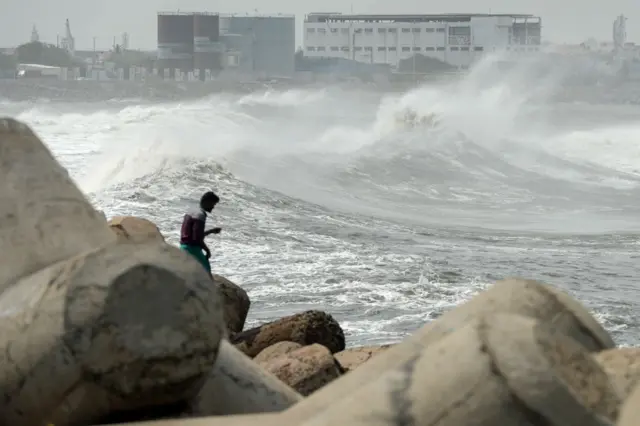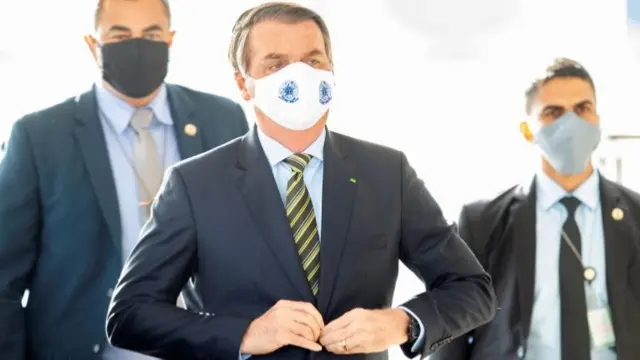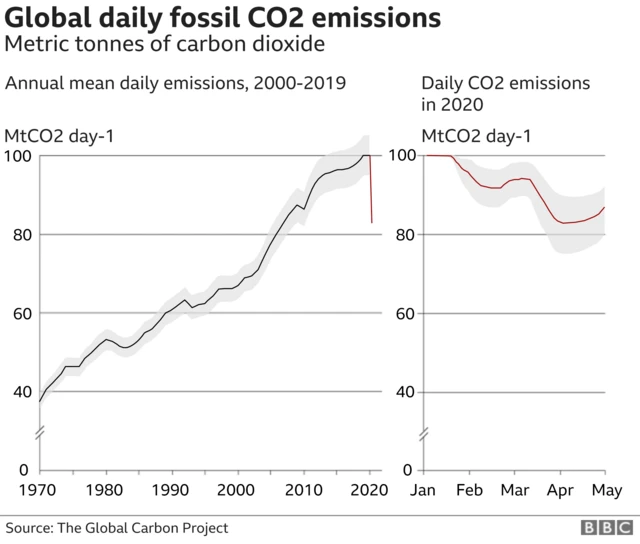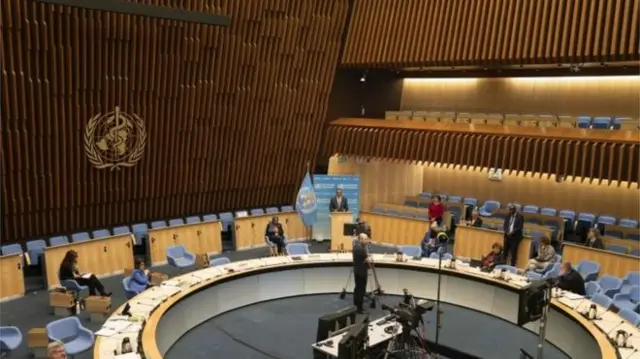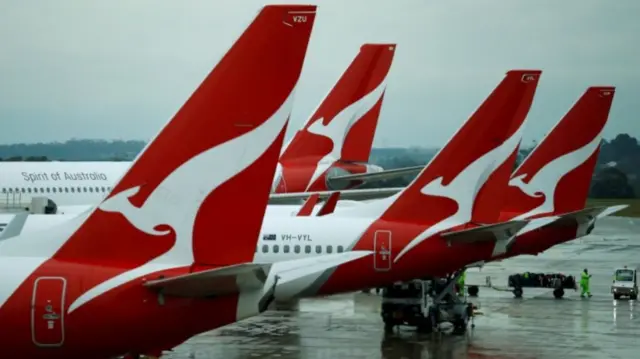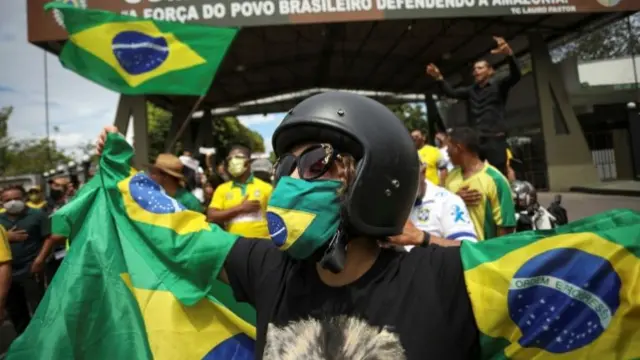The mixed reality headsets helping Covid-19 medicspublished at 05:35 BST 20 May 2020
Examining a patient with Covid-19 does always bear a risk for the doctor. And in many cases, it should ideally be several doctors who can discuss their diagnosis.
So at some hospitals in the UK, mixed reality headsets seem to be the answer to this.
Hand gestures allow doctors using the devices to look at x-rays, scans and test results, while communicating with colleagues in a different, virus-free room.
